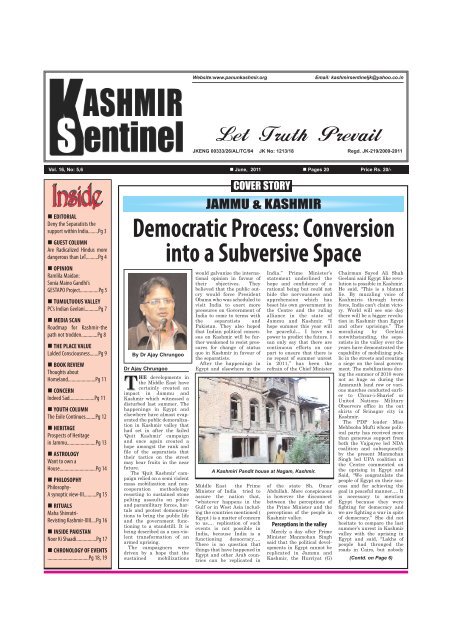
The Jamaat-e-Islami, a significant player in J&K's political landscape before its ban, has been exploring legal avenues to lift its restrictions. The party's potential participation in the elections marks a critical shift in the political scenario, challenging existing narratives about its role in the region's unrest. Analysts suggest that the re-entry of JeI could reshape electoral dynamics, offering a platform for renewed debates about political representation and regional autonomy.
Adding to the political complexity is the ongoing debate stirred by Sajad Lone, a prominent politician in J&K. Lone has been vocal about the perceived injustices faced by political figures and their constituencies in the current climate. His remarks have sparked discussions about the broader implications for victims and victors in the political sphere, emphasizing a growing rift between those who perceive themselves as marginalized and those in positions of power.
The potential comeback of the Jamaat-e-Islami could significantly impact the electoral landscape. The party's previous influence in the region, combined with its controversial history, makes its re-entry a focal point for political strategists and analysts. The decision will likely influence voter sentiment and the strategies of other major political players.
Political observers are closely monitoring the situation, noting that the return of Jamaat-e-Islami could challenge the dominance of established parties and introduce new dynamics into the political discourse. The implications of this development extend beyond mere electoral outcomes, potentially affecting regional stability and the broader national dialogue on political engagement and security.
Meanwhile, Sajad Lone's commentary has highlighted ongoing debates about political legitimacy and representation in J&K. His criticism of the current political framework underscores a growing discontent among certain segments of the population, fueling discussions about the fairness and effectiveness of existing governance structures.
As the political landscape in Jammu and Kashmir continues to evolve, the role of Jamaat-e-Islami and the impact of figures like Sajad Lone will be critical in shaping future developments. The interplay between these elements will likely influence not only the electoral outcomes but also the broader socio-political environment in the region.
